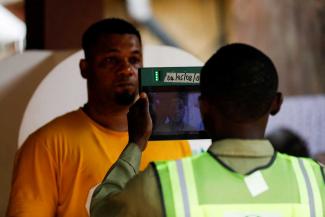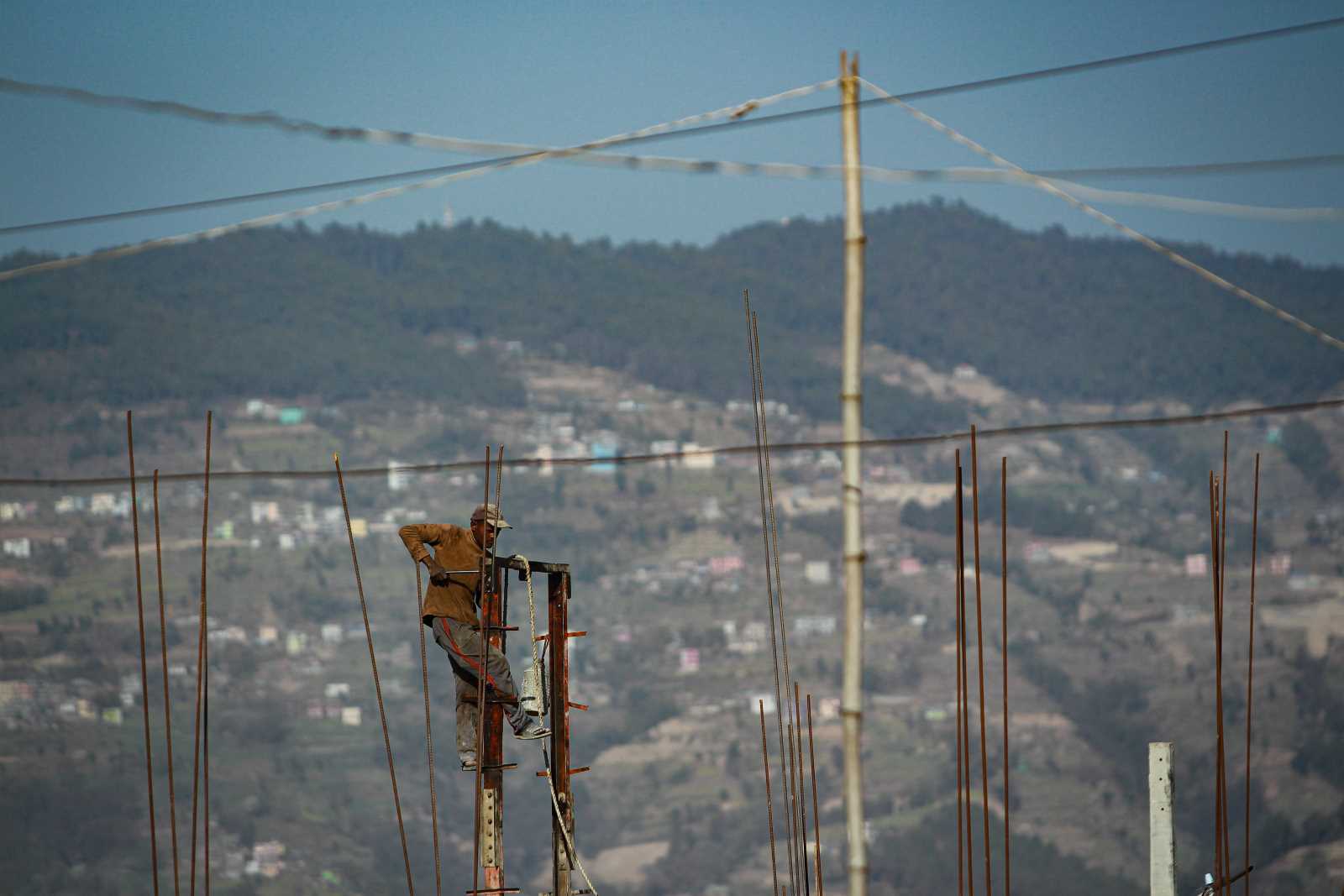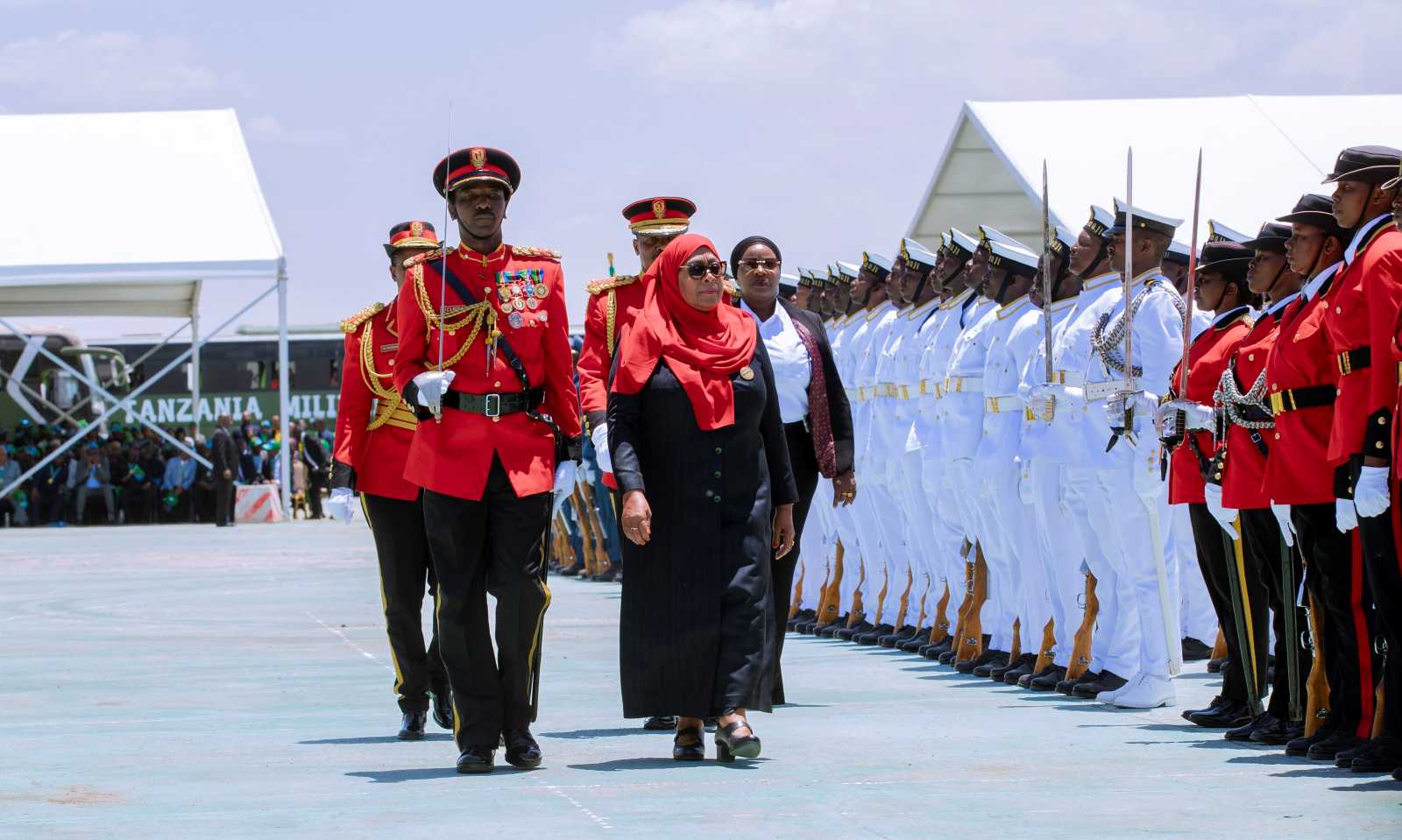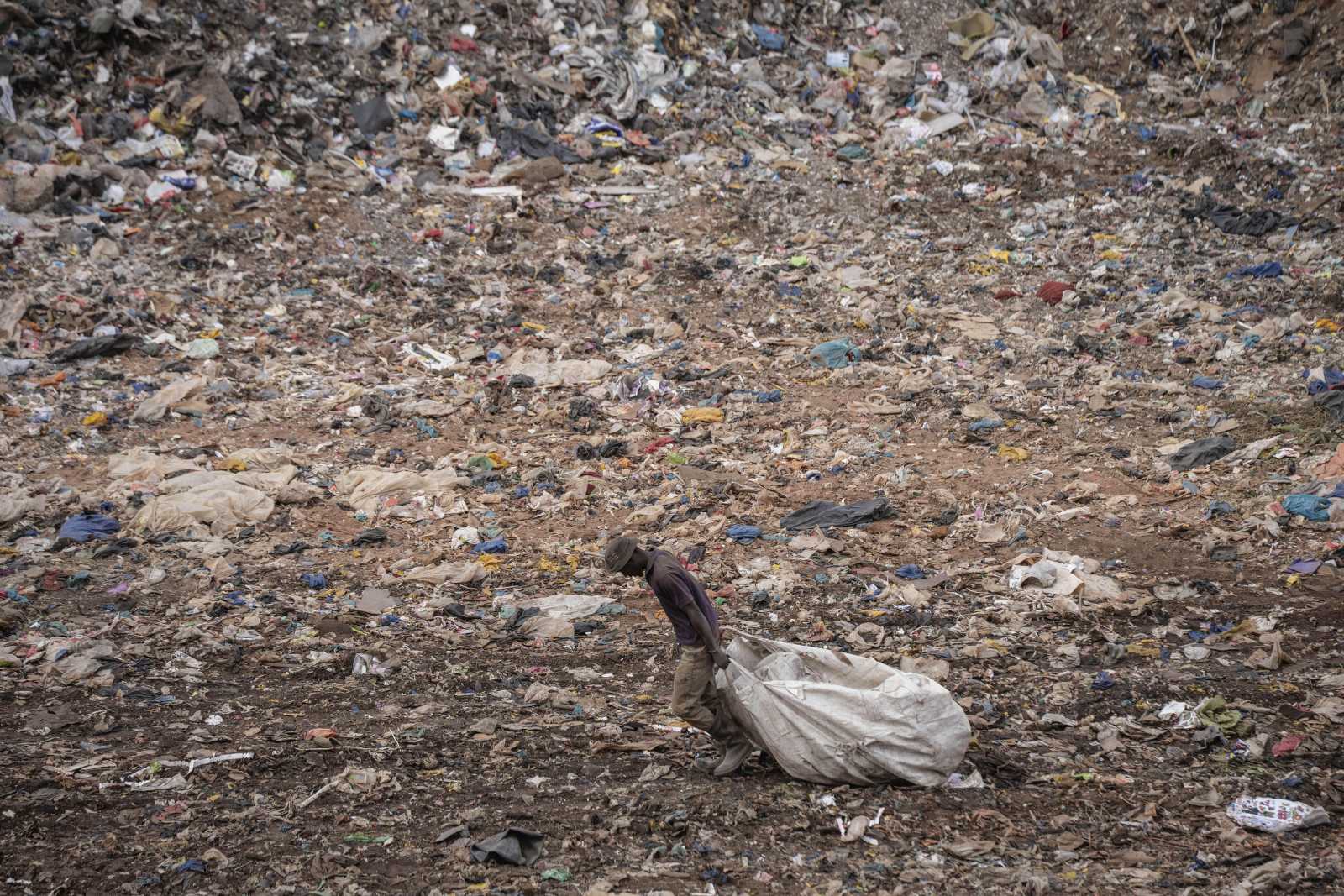Democracy
High tech failed to make Nigeria’s presidential election transparent

Electoral fraud and election violence have been haunting many African countries for a long time. Some countries, including Ghana, Rwanda and Kenya, have adopted modern technology to strengthen the electoral process and promote transparency. Nigeria did so too – but it did not work out well in the recent presidential elections. The Independent National Electoral Commission (INEC) is thus facing serious criticism.
Nigeria is the most populous nation in Africa with more than 210 million people. Past elections were often tainted by violence, malpractice and irregularities. The election cycle of 2023 was supposed to be different. Voters were expected to choose their next president and the members of the National Assembly in the first round of voting on 25 February and several state governors two weeks later.
It did not go as planned. While the National Assembly results were rather satisfying, the presidential election was a mess. Three days after the voting, INEC declared Bola Ahmed Tinubu to have won. That result remains controversial. Opposition leaders have declared they will challenge it in court. Suspicions of manipulation and fraud abound – not least because the National Assembly results were not plagued by problems to the same extent.
The good news is that the opposition leaders have opted for an orderly process. The country’s institutional order thus does not look threatened in spite of people’s deep sense of frustration. In view of the procedural difficulties, the state elections were postponed to late March and were largely okay in technical terms.
BVAS and IREV
Two high-tech approaches were expected to improve electoral transparency. The first is the BVAS, which stands for Bimodal Voter Accreditation System. The second is the IREV, the abbreviation for INEC Results Viewing portal. This year’s elections were their first nationwide application.
The BVAS serves three functions:
- registering voters before elections,
- accrediting them before voting and
- uploading results on the IREV on election day.
The system relies on electronic devices that read voter cards and then confirm that the person concerned is eligible. The system uses face and fingerprint recognition. It requires 4G network coverage for regular software updates as well as for convenient downloads and uploads.
The BVAS was first tested in regional elections in Delta and Anambra States in 2021 and the Federal Capital Territory in 2022. There were complaints that the machines sometimes failed to recognise voters’ faces and thumbs. The INEC, however, claimed that the hitches had been resolved and dismissed fears before the presidential elections. Nonetheless, the same kind of failure kept recurring.
IREV is the storage site where results are supposed to be uploaded on election day. It was first deployed for a by-election in Nasarawa State in 2020.
Theory versus practice
In theory, things are supposed to go like this at polling units: After voting ends, an INEC officer counts the ballot sheets. In the presence of representatives of the competing political parties, he or she then signs the result sheet. The officers use the BVAS to take a picture of the result sheet and upload it on the IREV. This way, national results can be compiled fast and transparently. Of course, the election results are documented offline as well, so scrutiny of the results is always feasible at a later point.
What sounds good in theory, did not work out in practice, however. The presidential election was haunted by many problems:
- At many polling stations, INEC officials arrived late and so did sensitive voting materials. In some places, where insurgent militias are strong, INEC officials, actually did not show up at all.
- The training some INEC officers and ad-hoc staff got was apparently inadequate. During the election, some officials claimed they could not remember the password to the IREV portal. Perhaps well-trained persons were sabotaging the elections this way.
- Voters reported that the BVAS devices failed in some polling units, resulting in people being disenfranchised. In Rivers State, the BVAS initially failed to capture the Governor, Nyesom Wike. Identical twins in particular were often not validated as voters.
- Internet connectivity was not good enough. In particular remote locations do not have the needed 4G network.
- In spite of the high-tech tools, the national results of the presidential elections could only be compiled slowly and were only made public three days after the event.
The full truth is that Nigeria once again saw election violence and large-scale electoral fraud. A public outcry followed INEC’s collation of results. Actual results and what had been uploaded on to the IREV were too often inconsistent. Two opposition parties fast accused the INEC of complicity in rigging the election.
That the same problems did not mar the National Assembly elections to the same extent needs some explanation. One reason may have been that the data from individual constituencies was uncontroversial, so the big picture that emerged from those local results was more convincing. It seems more likely, however, that the presidential elections were intentionally sabotaged. That is the most convincing way to explain why there were problems with compiling the presidential election at the national level, but not the legislative election.
Low trust, low turnout
It is obvious that BVAS and IREV were ineffective. The reason was either manipulation or, less likely, failure of INEC to test their application adequately before deployment. Nigerians now have even less confidence in the INEC than they did before. Low voter trust results in low voter turn-out, which further dropped from 35 % in the presidential elections of 2019 to about 29 % this time.
The election commission had four years and ample funding to prepare for the election. Not many are comforted by Festus Okoye, the INEC commissioner, who says that the technical challenges have been rectified for future elections.
By all indications, technology will play a more critical role in politics and future elections in Africa. Even the best tech approaches, however, cannot make a difference if they are used incompetently or in intentionally obstructive ways. Nigerians deserve better.
Adaze Okeaya-inneh is a broadcast journalist and screenwriter.
adazeirefunmi@gmail.com











